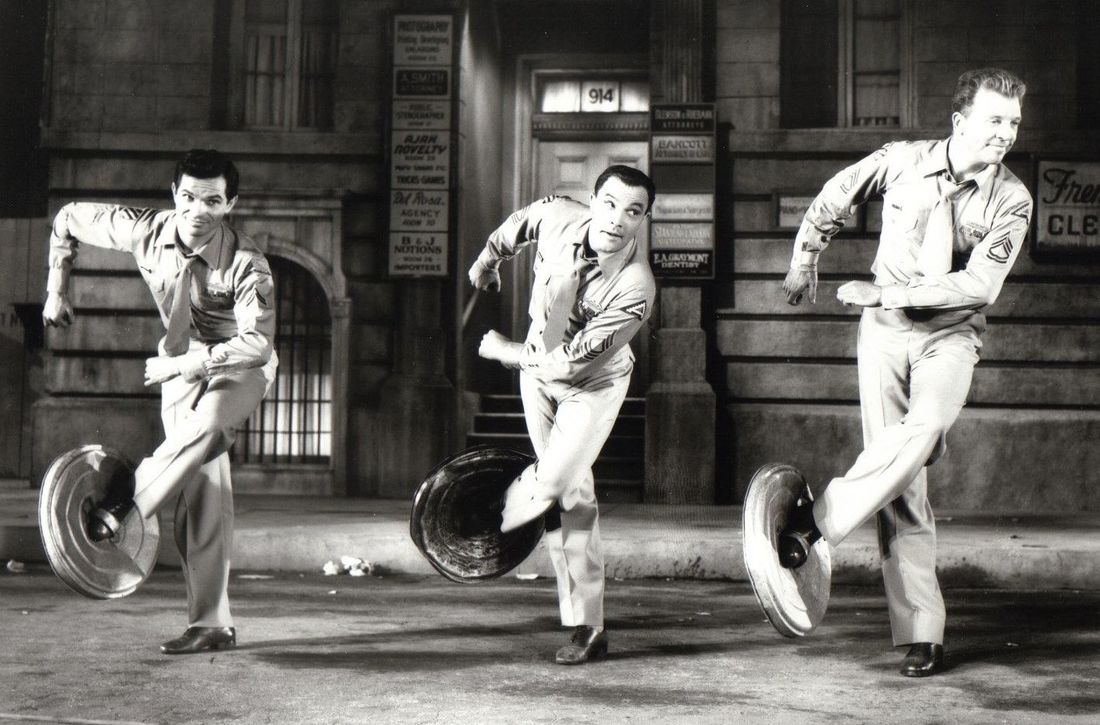|
After the initial shock and tears, personal calamity leaves most people almost as happy as before, and happier than those with possible calamity hanging over them. Lottery winners average no happier a year later than they were before, and they’re less happy than people striving toward a difficult but attainable goal. We adapt to loss and move on; the thrill of a win wears off. What cheers or stresses us most is uncertainty. “People blossom when challenged and wither when threatened,” says Daniel Gilbert, author of Stumbling on Happiness.
I wonder if part of the joy of creativity is that we keep setting ourselves new challenges. It never gets dull—or if it does, we try something new. What about the myth of the suffering artist? Sure, some artists are unhappy, but miserable people aren’t more artistic on average than anyone else. When we can’t remove a threat that hangs over us, we may sometimes find a way to reframe it as a challenge and throw ourselves into it with a smile.
4 Comments
Back in grade school, every girl was supposed to have a favorite movie actress. Fond of musicals and ignorant of celebrities, I learned the name of the lead in Oklahoma and was thenceforth ready with “Shirley Jones” whenever the question arose.
Film musicals peaked in the 1950s and faded fast. What happened? Television cut the movie-going audience from 90 million per week in the mid-1940s to 16 million by the late 1950s. Rock and roll changed musical tastes. The specialized expertise to film elaborate song-and-dance sequences dwindled with the end of the Hollywood studio system, which held actors, directors, cameramen, and crew under long-term contracts. Beth Genné’s Dance Me a Song: Astaire, Balanchine, Kelly, and the American Film Musical (Oxford University Press, June 2018) traces the creation of a whole new dance form specifically for motion pictures. Fred Astaire’s distinctively American “outlaw style” fused elements from jazz, tap, ballet, and ballroom. Dancers dressed casually and sauntered out onto the street. Camerawork was part of the choreography. Genné’s “lucid and exuberant prose” (in the words of one reviewer) lets me watch old favorites with fresh eyes. Image: Michael Kidd, Gene Kelly, and Dan Dailey in It’s Always Fair Weather. Public domain. My old Webster’s Ninth uses each term in defining the other. Those who say there’s a difference agree that plot is a series of events linked by cause and effect, but their notions of story range all over the place. To novelist E. M. Forster, story meant the events without the links, meaningless until given a plot.* To director Martin Scorsese, mere plot fades by comparison to the character and camerawork of story.
At the University of Wisconsin’s Write-by-the-Lake week in June, I heard story described as what the work is about, a character responding to an event or choice or challenge. The plot of my life resembles a resume with causal links: After high school in West Virginia, impatience to leave home took me to a liberal arts college in Ohio . . . The story? Here’s one version: None of my major life decisions turned out as intended, and I don’t regret a single one. Writing and exploring have been part of every turn, enriched by the unexpected that happened along the way. What’s the short form of your life story? *Forster wrote in Aspects of the Novel that “The king died and then the queen died” is a story. “The king died and then the queen died of grief” is a plot. Sometimes I misunderstand a sentence like, “I don’t understand why people
Rhetorical questions have value. When fathers sing their daughters Libby Roderick’s “How could anyone ever tell you, you were anything less than beautiful?” they aren’t requesting an analysis of their daughters’ bullies’ motives. But there’s also value in thinking like a historian. The human community could use a little more curiosity and desire to comprehend. |
AuthorI'm a historian who writes novels and literary nonfiction. My home base is Madison, Wisconsin. Archives
July 2024
|

 RSS Feed
RSS Feed